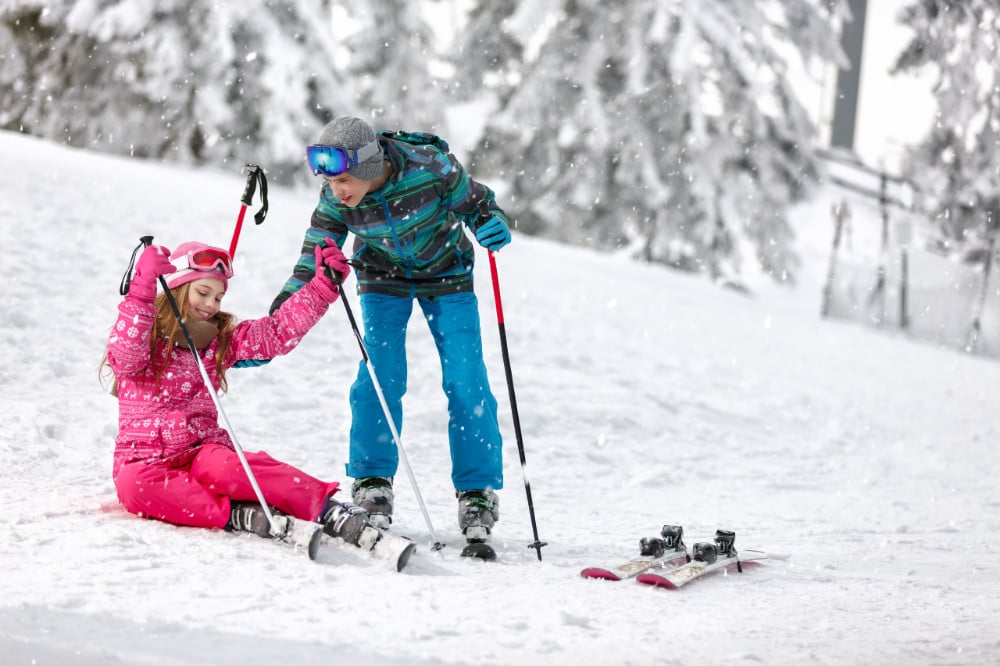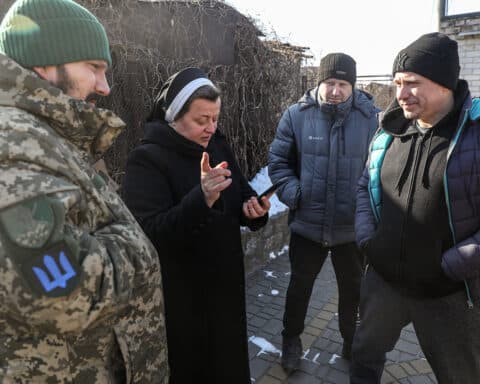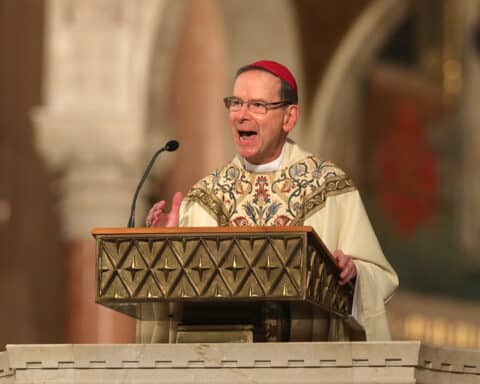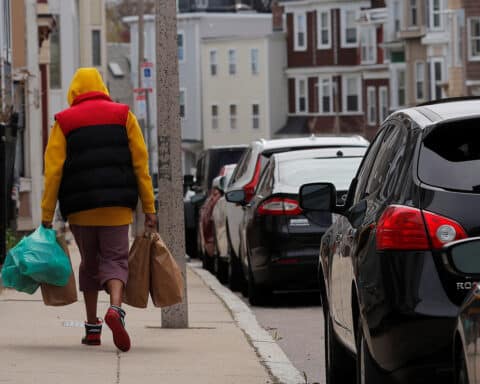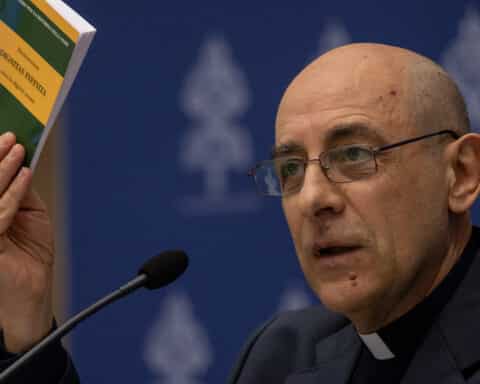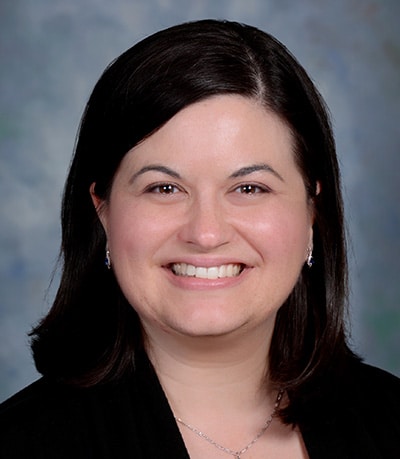
Wanting to help ease our transition into a foreign land, our parents opted to enroll us in the somewhat swanky international school near Geneva, where we could attend classes in English, rather than throw us into the linguistic deep end of a local French school.
Suffice it to say, there were some pretty significant differences between College du Leman International School in Versoix, Switzerland, and Ira B. Jones Elementary School in Asheville, North Carolina, but among the most striking of them was that I was one of only two Americans in my class. While everyone spoke English, almost no one looked like me, or had the same accent that I did. It was my first glimmer of understanding of the universal dignity of the human person, regardless of place of origin.
Another striking difference between schools was the scope of our physical education classes. When I was in fifth grade at CDL, Tuesday afternoons were spent literally exercising on the ski slopes of the nearby Jura mountains. On one such outing, my class was instructed to take a Poma lift up a level to a more intermediate run. Poma lifts keep your skis on the ground, while literally pulling you up the grade. That’s the idea, anyway. In this particular lift, there was a turn of about 45 degrees before the rider was pulled up a final, somewhat steep, hill, and I just couldn’t make the turn. I fell off, repeatedly. And everytime I fell off, I had to ski back down to the bottom and start all over again. At the top of the hill, my entire class was waiting. And I kept falling.
Finally, thanks be to Jesus, I made the turn — only to get my ski stuck at the base of that final hill and fall off yet again. I stared up at that last hurdle — what had to have been about 50 feet, but seemed like 50 miles — knowing that I had to somehow make it up there, but also knowing that I could not start all over again. Before I knew what was happening, one of my classmates, a Russian boy named Ilya, who I did not know particularly well, removed his skis, and started side-stepping down the hill. He helped me up, put my skis on his shoulder and proceeded to carry them up the hill. Step by step, I followed. When we reached the top of the hill, the class clapped, and I cried tears of relief and gratitude.
I have never forgotten that day or that boy. It was a lesson in the profound generosity of neighbor helping neighbor, regardless of birthplace, or how one looks or talks, or one’s ability (or non-ability) to adequately ride a ski lift. I needed to get up a hill, and Ilya reached out a hand. This is how it should be, for each of us, when we face life’s trials. Why do we complicate it?
Right now in Ukraine, adjacent countries are engaged in a shockingly unprovoked war. This is not how it should be. How I pray the aggressors would put down their guns, and reach out their hands. How I pray they would together climb the hill to safety. How I pray they would remember they are neighbors.
Gretchen R. Crowe is editorial director for periodicals at OSV. Follow her on Twitter @GretchenOSV.

